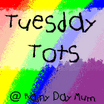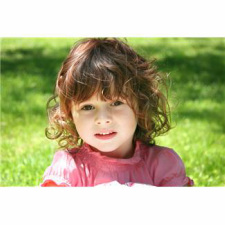
I've recently started providing speech therapy services for the early intervention program in MS, so I'm still learning how this program works! If your toddler receives speech therapy through your state's early intervention program then you should definitely read this article by Smart Speech Therapy, LLC to make sure he or she is getting services from the appropriate provider.
DI or SP: Why it's important to know who is treating your child in Early Intervention

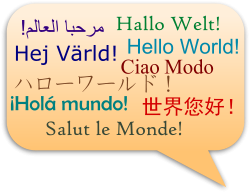
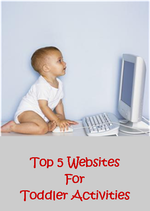
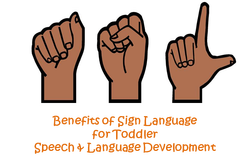
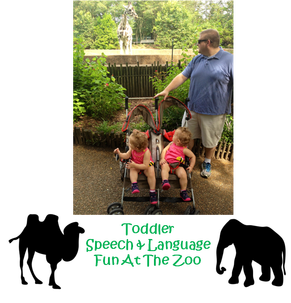
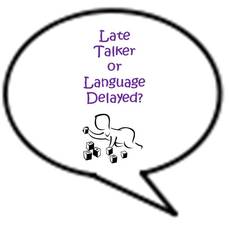
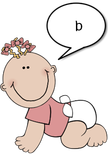
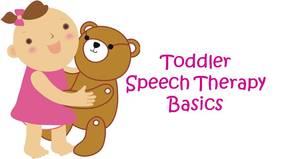
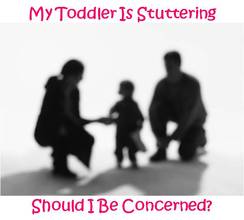
 RSS Feed
RSS Feed



